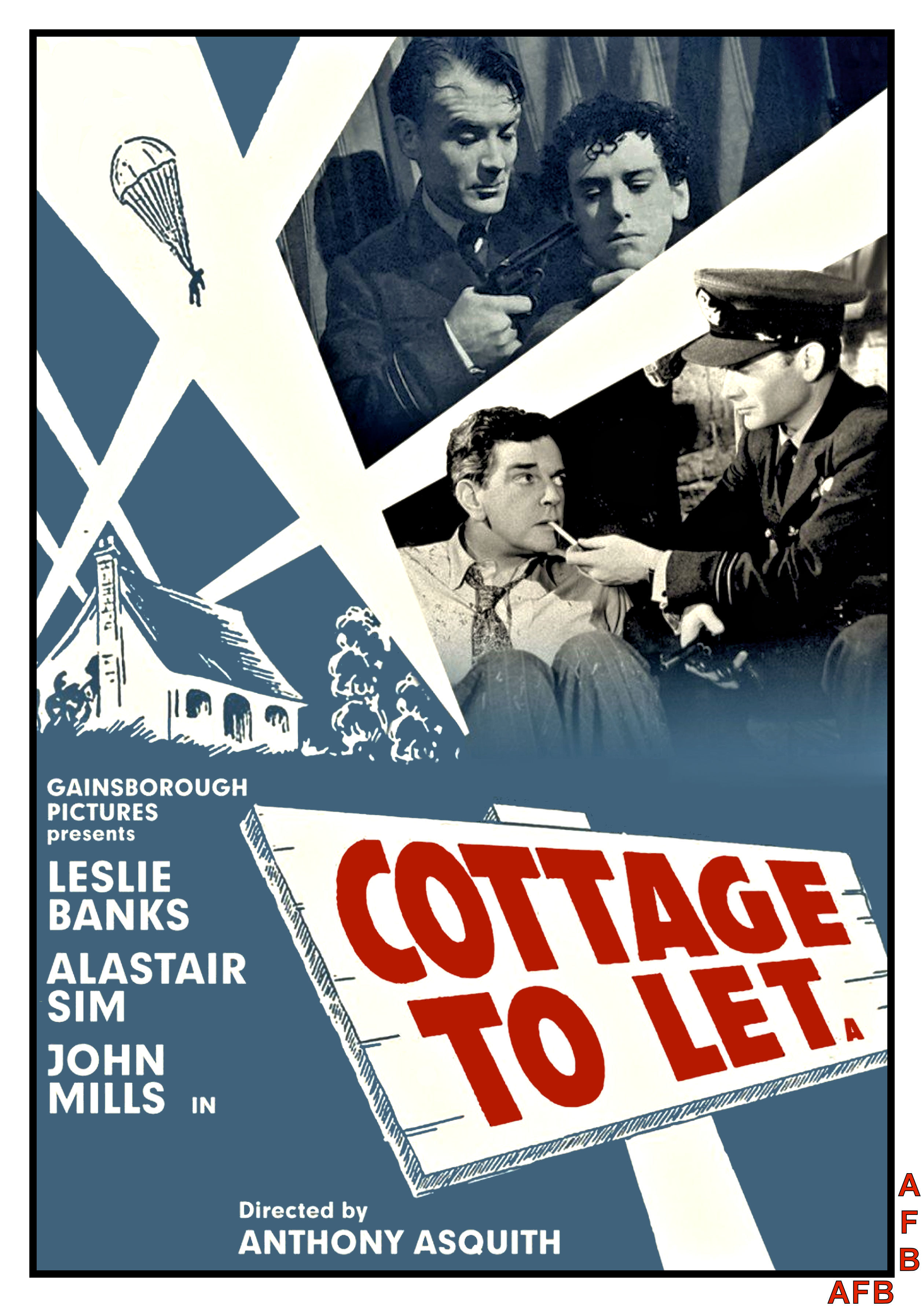
George Orwell once stated that All Art Is Propaganda, and after watching Went the Day Well? I wanna ask, is that such a bad thing?
My tongue is planted firmly in my cheek, and to be fair, I’ve never even read that Orwell book, but Went the Day Well? is a piece of wartime propaganda. And it is excellent.
The thought experiment goes – what if the Nazis successfully took over a British town? What if they invaded England? The answer the film proposes is that we’d have to fight back. Sometimes brutally.
In the small village of Bramley Inn a group of what appear to be British soldiers arrive unannounced. They state that they are there to judge the village’s preparedness and ask to be quartered there for a few days.
At first, the villagers believe them and are excited to see some real action (or as real as they think they’ll ever get). The village has done its preparations, they have a Homeguard and have practiced what to do if the war comes to them.
But soon they begin to think these soldiers may not be what they say they are. One of them slips up in their English and another writes his “7s” in the European way. Just as they are trying to decide what to do, the soldiers reveal themselves as Germans setting up the invasion.
The Nazis are ruthless. They mow down the Homeguard without a second’s thought and have no problems shooting anyone else who causes trouble.
The message is clear: the villagers have to be just as tough. In an amazing scene – and I’m sorry for the spoilers on an 80-year-old film – a sweet little old lady is serving dinner to one of the Nazis. She prattles on as she cooks, revealing a surprisingly intimate detail about her life – that she and her husband couldn’t have children and they both blamed the other one. Then, when the Nazi isn’t looking she tosses pepper into his eyes, grabs an axe, and gives him a whack.
It is a surprisingly violent film for a 1942 film, but the message is clear again. The enemy will not hesitate to kill you and the British way of life, and you must be willing to fight back with all you’ve got. Even if you live in a little village that will likely never see any sort of action, you must be prepared.
As a piece of propaganda, it is quite effective. But better yet as a piece of cinema, it is excellent all around.

